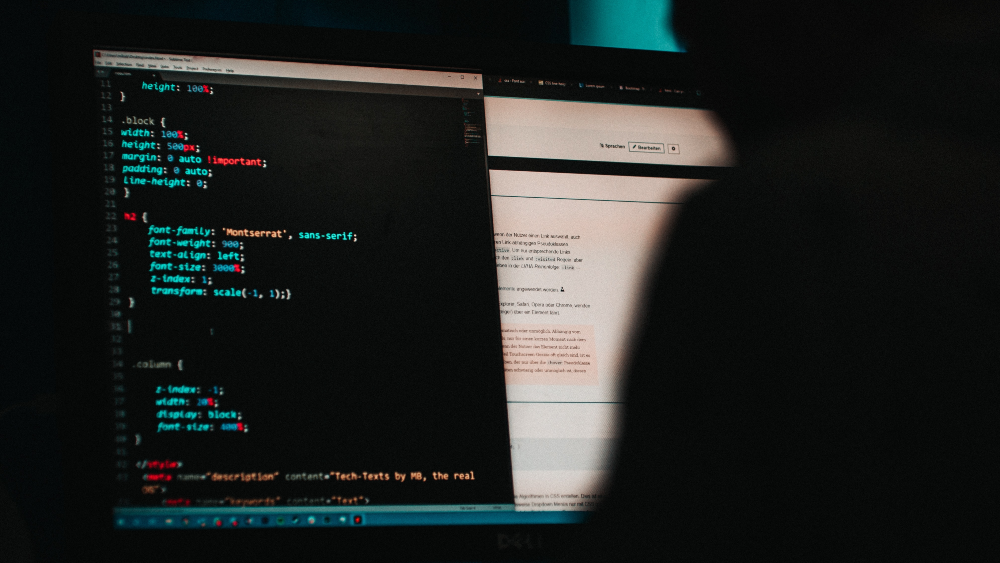Social media platforms have agreed on a new series of anti-piracy measures.
The agreement has been reached following ongoing consultations, established as part of the Creative Industries Sector Deal.
Launched in 2018, these roundtable discussions seek to further enhance the means to fight piracy on social media platforms, ensure that participants are aware of all existing measures available to block or remove infringements, and identify new policies, systems and practices that can be introduced to further reduce piracy online.
Those taking part in the latest roundtable have included BPI and IFPI from the music industry, along with bodies from film, TV, sport and publishing while Facebook, Twitter and YouTube have also been involved.
While all stakeholders agree there is more work to be done, two years of talks facilitated by the IP Office have achieved progress in a number of areas, building on enforcement measures already in place. These include:
- Facebook and YouTube have introduced new policies designed to help prevent users from abusing their platforms by instructing others how to commit IP infringements (‘Piracy Tutorial videos’). Work is continuing on implementation with YouTube to ensure the effectiveness of this new policy.
- Facebook has introduced proactive new policies and procedures to prevent links to ‘rogue piracy sites’ appearing on the platform.
- YouTube has agreed to a significant increase in API allowances to enable rightsholders to scale their IP enforcement activities and more quickly remove infringing links at scale, based on proof of need. Facebook is in the process of beta-testing a similar API.
- Creative rights owners have shared with Facebook and YouTube areas where their content recognition systems (respectively, ‘Rights Manager’ and ‘Content ID’), could be further improved so as to prevent circumventions, with a commitment from the platforms to an ongoing process to maximise the effectiveness of these tools. Facebook and YouTube raised awareness of the existing functionalities of these content recognition systems amongst creative rights owners.
- The platforms shared information about their policies to identify and combat Repeat Infringement, and to help to prevent repeat infringers continuing to abuse their services. Facebook also implemented additional improvements to these processes requested by creative rights owners.
- Facebook developed additional policies to proactively identify and remove more IP infringements based on signals and feedback provided by creative rights owners, including by utilizing ‘trigger terms’ that are identified as associated with IP infringements, and advancements in Facebook’s machine learning systems.
- To limit the distribution of infringing content, Facebook prevented additional auto-completed searches that include key terms often associated with piracy, based on input from creative rights holders.
Geoff Taylor, chief executive of BPI & BRIT Awards, who leads the IP group of the Creative Industries Council and chaired the roundtable discussions, commented: ‘There remains much work to do to reduce online infringement, which continues to hinder the growth of the UK’s world-beating creative industries, but I would like to thank Facebook and YouTube for their positive engagement and their efforts to address many of the issues brought forward in the Roundtable. Today’s announcement represents a staging post, rather than the conclusion of that process. However, the fact that in contrast, no significant progress has been made with Twitter underlines the urgent need for Government to ensure that all online platforms take a responsible approach to dealing with content.’
Nicola Mendelsohn, VP EMEA, Facebook, commented: ‘The collaborative social media roundtable process facilitated by the IP Office has proven to be a powerful model for educating stakeholders on Facebook’s systems to address piracy and for developing new policies that meet all stakeholders’ needs. We are grateful to the IP Office for its leadership and the earnest and solution-oriented manner in which the creative rights holders approached the roundtable discussions.’
Dan Chalmers, director, YouTube Music, EMEA, commented: ‘YouTube seeks to lead the industry in developing programs, policies and technology to fight online piracy and we are very proud of receiving an Emmy for our cutting edge ContentID system. But as pirates switch tactics, it is important that we collaborate closely with rightsholders and experts like the IPO to ensure that our approach and investment are as effective as possible. We value the leadership taken in the UK to facilitate industry collaboration and look forward to continuing progress in this space’.





